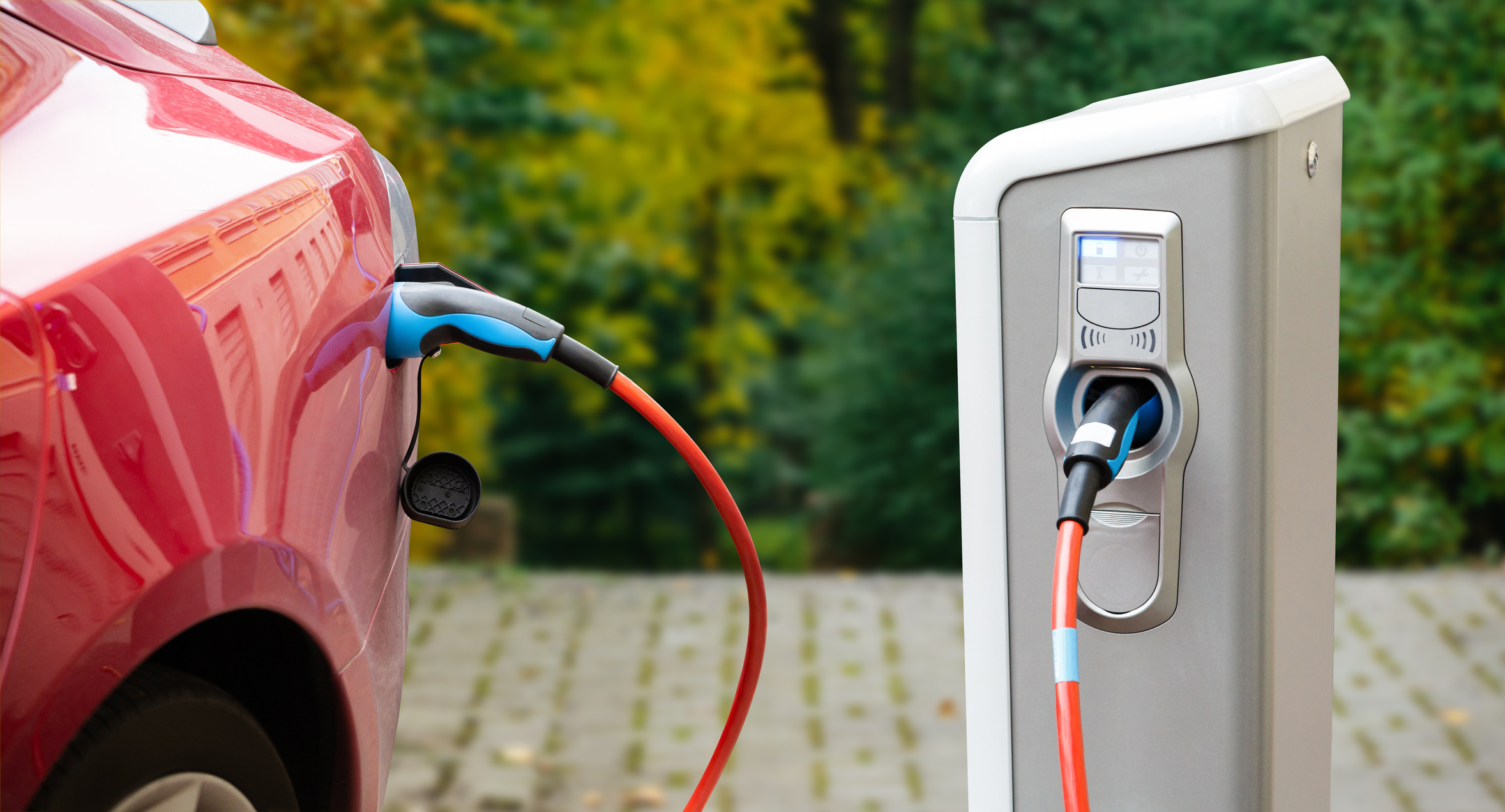Expert Electric Vehicle Charger Installation in Novi & Wixom, MI
The professional electricians at Robin Aire Service Company provide dependable electrical repairs, replacements, and maintenance throughout Southeast Michigan. With our commitment to customer satisfaction and excellent craftsmanship, you can trust our electric vehicle charging station installation services to ensure your home is setup to meet all your EV charging needs.
Schedule your EV charger installation by contacting Robin Aire Service Company at (800) 361-0888.

What Is an EV Charger?
EV chargers are used to charge the batteries in electric and hybrid vehicles. If you own or are thinking about purchasing an electric vehicle, you’ll need an EV charger at your home to ensure your car is always ready when you need it. Otherwise, you’ll depend on public charging stations, which can be inconvenient and unreliable.
Quality EV Charger Installation
When considering an EV charger installation, there are a few factors to consider:
- Type: There are three types or levels of chargers, with level 2 being the most common for at-home EV charging stations.
- Location: Your charger should be located where you’ll easily access it while remaining compliant with regulations and codes.
- Mobility: Do you want to charge your car in multiple locations around your home, or will a fixed location work for you?
- Capacity: Older homes may require an electrical panel upgrade to properly and safely power your EV charger.
Our team can help you determine the best setup for your needs and budget.
Robin Aire Service Company provides reliable EV charger installation throughout Southeast Michigan. Call (800) 361-0888 today.
The Advantages of Installation of an EV Charger
There are several benefits to installing an electric vehicle at your home, including those listed below:
- Faster charging: An EV charging station will significantly decrease the time it takes to charge your car with the typical charger you receive when you buy your vehicle.
- Cost-effective: You’ll not only save money due to no longer needing to buy gas, but you’ll also save on public charging stations.
- Convenience: There’s nothing more convenient than allowing your vehicle to charge overnight, ensuring it’s ready to go for the next day.
- Reliability: When you have a charging station at home, you know it will work properly and be available when needed.
Schedule your EV charger installation today. Contact us today at (800) 361-0888 to get started.
Why Choose Robin Aire?
Robin Aire Service Company is a family-operated business with a long history and commitment to delivering unparalleled service. We background check our electricians and technicians and always provide upfront pricing. When you choose us for your electrical needs, you can expect our team to help you make the right decision for your home and budget without any high-pressure sales.
Call Robin Aire Service Company at (800) 361-0888 to schedule efficient electrical repairs and installations.
EV Chargers FAQs
How much space will I need for an EV charging station?
An EV charger takes up little space within a home. You’ll need a wall with an electrical panel to mount the EV charging box, which will connect to the hose that will charge your vehicle.
Can I install my own EV charger?
Installing your own EV charger is unsafe, as they often require high-voltage wiring. It’s best to trust professionals like those at Robin Aire Service Company.
What are the different levels of EV charging?
Level 1 uses a standard 120-volt outlet, charging at 2 to 5 miles of range per hour. Level 2 uses a 240-volt outlet with a rate of 10 to 60 miles of ranger per hour. Level 3, used only for commercial purposes, uses high-voltage direct current for a rate of up to 90 miles of range in a half-hour.

